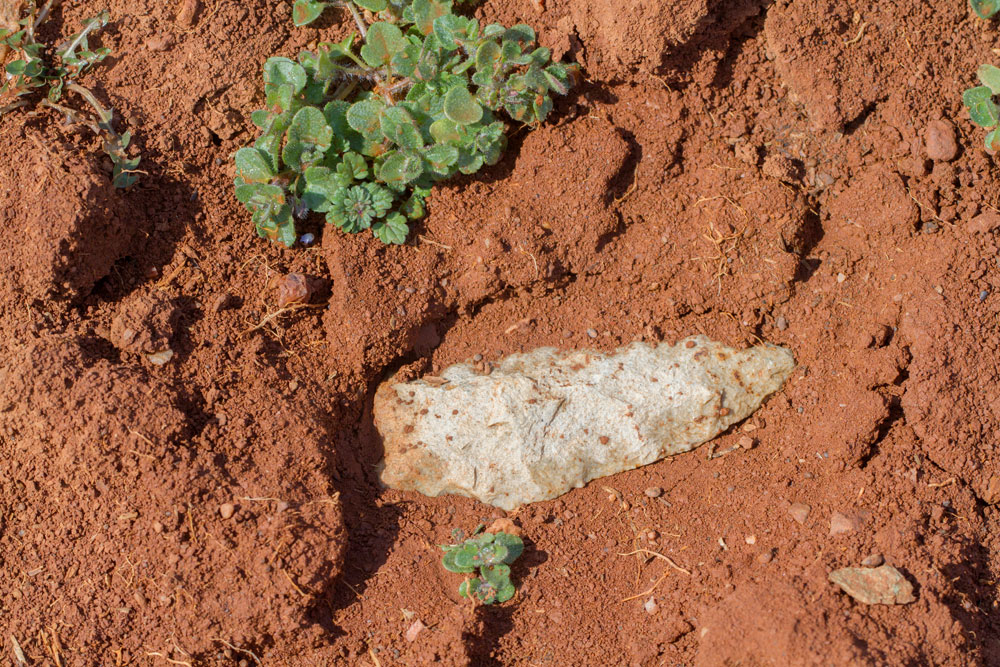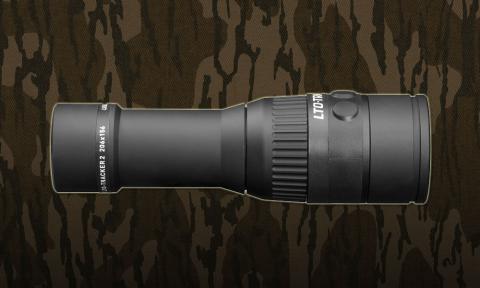Tes Jolly

Surface artifact hunting is a fun and rewarding hobby whether solo or with friends and family. It is legal on privately owned land but banned on public or government owned property like state parks, national parks, national monuments, national forests, Bureau of Land Management land and Corp of Engineers reservoirs. Digging or probing underground for caches of artifacts is best left to professional archaeologists and is illegal in many areas. The artifacts you find are another human’s personal possessions or burials.
Research federal, state and local laws and regulations for surface hunting on land and water for your area. There are ethical and legal guidelines that must be followed. Below is a list of Do’s and Don’ts to consider when artifact hunting.
Do:
- Get permission from the landowner and confirm the exact locations you’re allowed to hunt. Respect the land and the owner. Leave all gates as you find them.
- Spread goodwill. Offer to assist the owner with chores, etc. It may help you get permission on additional neighboring properties.
- Keep a journal and label each artifact with as much information about it and the site as possible. This will help identify the type, culture period and tribe.
- Research, understand and obey all laws pertaining to artifact hunting in your area. They can vary from state to state. Failure to do so can result in fines and jail time.
- Be aware if there’s a strong present-day Native American population in your area and any land considered sacred ground. If you find a site, it’s advisable to contact your state’s Department of Archives and History to have it logged/documented.
Don’t:
- Assume permission to hunt artifacts includes bringing your buddies. Ask first!
- Dig without express permission.
- Assume you can hunt anytime. Check with the landowner on a visit by visit basis.
- Hunt artifacts on public or government land or in state and national parks. It is forbidden and offenses carry jail time.
- Disturb human remains or collect funeral objects. Burial sites are of significant archaeological importance and protected by the North American Graves Protection and Repatriation Act.




























